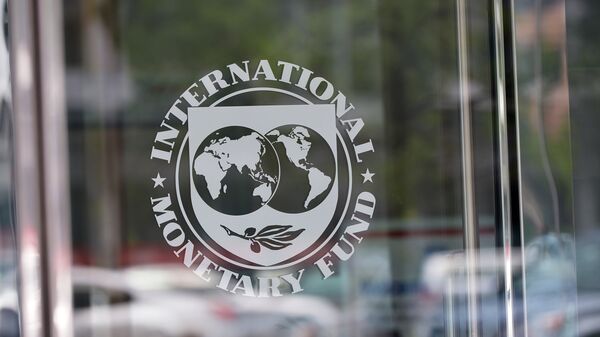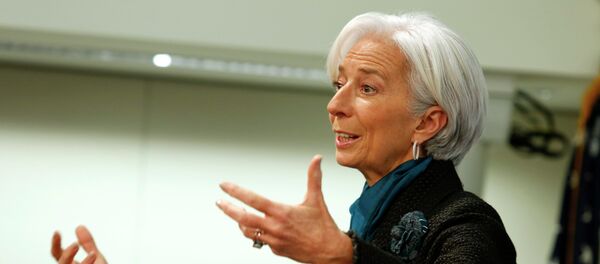"The Americans probably passed the bill due to the fact that China has launched the AIIB into being, a new alternative to the US-dominated global financial institutions."
"First, the Americans tried to stop the Europeans from attending. But attractive investments like the new Silk Road hold great fascination for Europeans. Even Great Britain has joined the AIIB."
Last week Congress gave US President Barack Obama approval to finally vote in favor of reforms to IMF quotas and governance, which had been approved by the IMF board in 2010 but not implemented due to the US' veto on the proposal.
The reforms comprise a total shift in voting share to emerging market and developing countries of 5.3 percent, and a quota shift of more than six percent from over-represented to under-represented countries. In addition, the IMF Executive Board will become entirely elected.
China will benefit from the largest gain in voting rights, from less than 3.8 percent currently to more than six percent. India also gains a greater say, from 2.3 percent voting rights to 2.6 percent.
"The 2010 reforms will enhance the representativeness and voice of emerging market and developing countries (EMDCs) at the IMF, thus helps maintain the IMF's credibility, legitimacy and effectiveness," the People's Bank of China welcomed the ratification.
"China's quota will increase from 3.996 percent to 6.394 percent, making China the third largest shareholder in the IMF from the sixth."
The IMF quota is the fund's principal source of financial resources, and as a result of the reform will double from its current SDR 238.4 billion to SDR 476.8 billion (almost $669 billion at current exchange rates).




